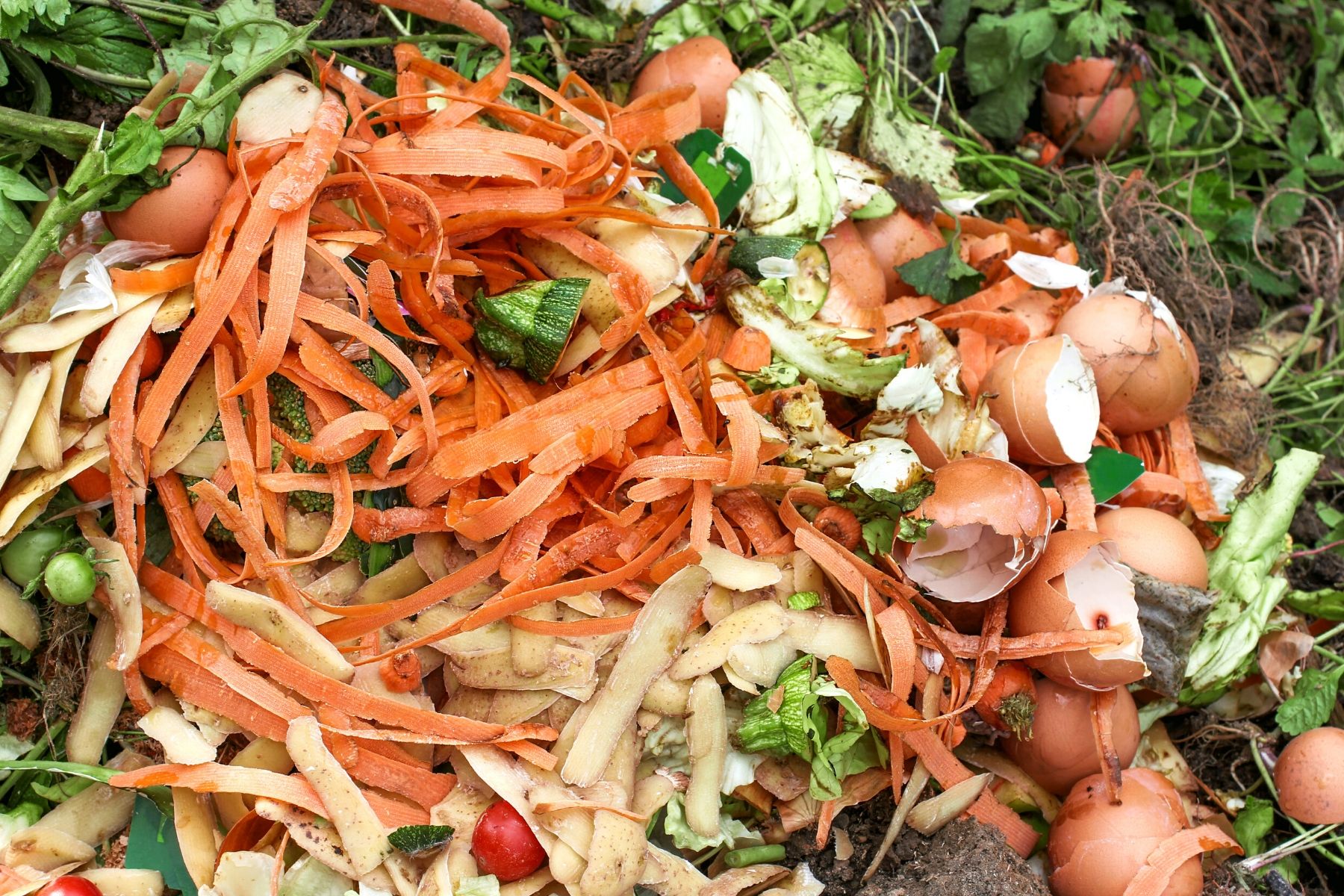
Amidst this time of hardship and uncertainty, we bring you some good news: Governor Murphy has signed a food waste recycling mandate (A2371/S865) that will help keep food waste out of landfills and implement more sustainable practices.
This new law will effectively reduce greenhouse gas emissions and air pollution in overburdened communities by diverting waste from large scale food waste generators that would otherwise be burned or buried to more sustainable mechanisms like composting.
Large scale food waste generators—such as prisons, restaurants, and grocery stores—will be required to separate their food waste and send it to an authorized food waste recycling facility within a 25-mile radius. New Jersey hopes this will encourage the construction of more food waste-to-energy facilities.
According to our partners at New Jersey Composting Council, the law will also provide “much needed support to the market for products and energy generated by food waste recycling in New Jersey,” as it will:
- Create a Food Waste Recycling Market Development Council to provide recommendations on how to increase demand for products and energy generated by food waste recycling facilities;
- Require state departments or agencies that engage in landscaping or construction to use compost, mulch or other soil amendments generated from recycling of organic materials where competitively priced and feasible; and
- Provide a financial incentive for energy generated at a food waste recycling facility by giving the facility a “class I renewable energy certificate” which in turn can be sold on an open market or to energy suppliers and can be used by energy suppliers to meet renewable energy portfolio requirements.
Nearly a third of all food produced in the world goes uneaten each year -- an amount that costs the global economy $940 billion and emits 8% of planet-warming greenhouse gases. At the same time, 1 in 9 people is undernourished.
In the U.S., about 40 percent of all food produced is wasted. This important legislation will help curb our food waste problem by keeping waste out of landfills and incinerators, reducing methane emissions and using food waste to generate electricity. We’re proud that New Jersey has taken this step to protect our resources, communities, and environment.


